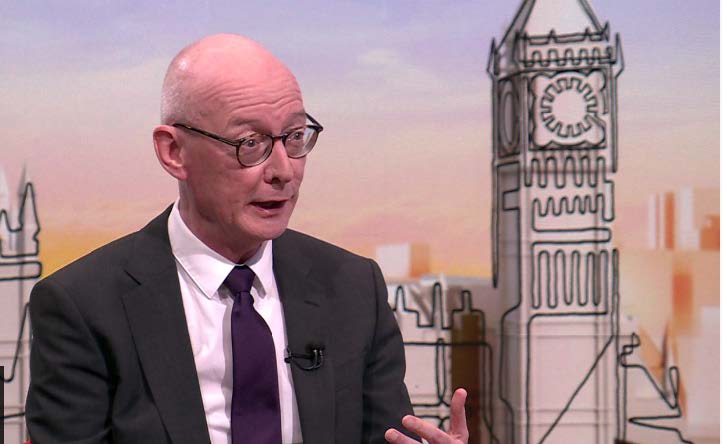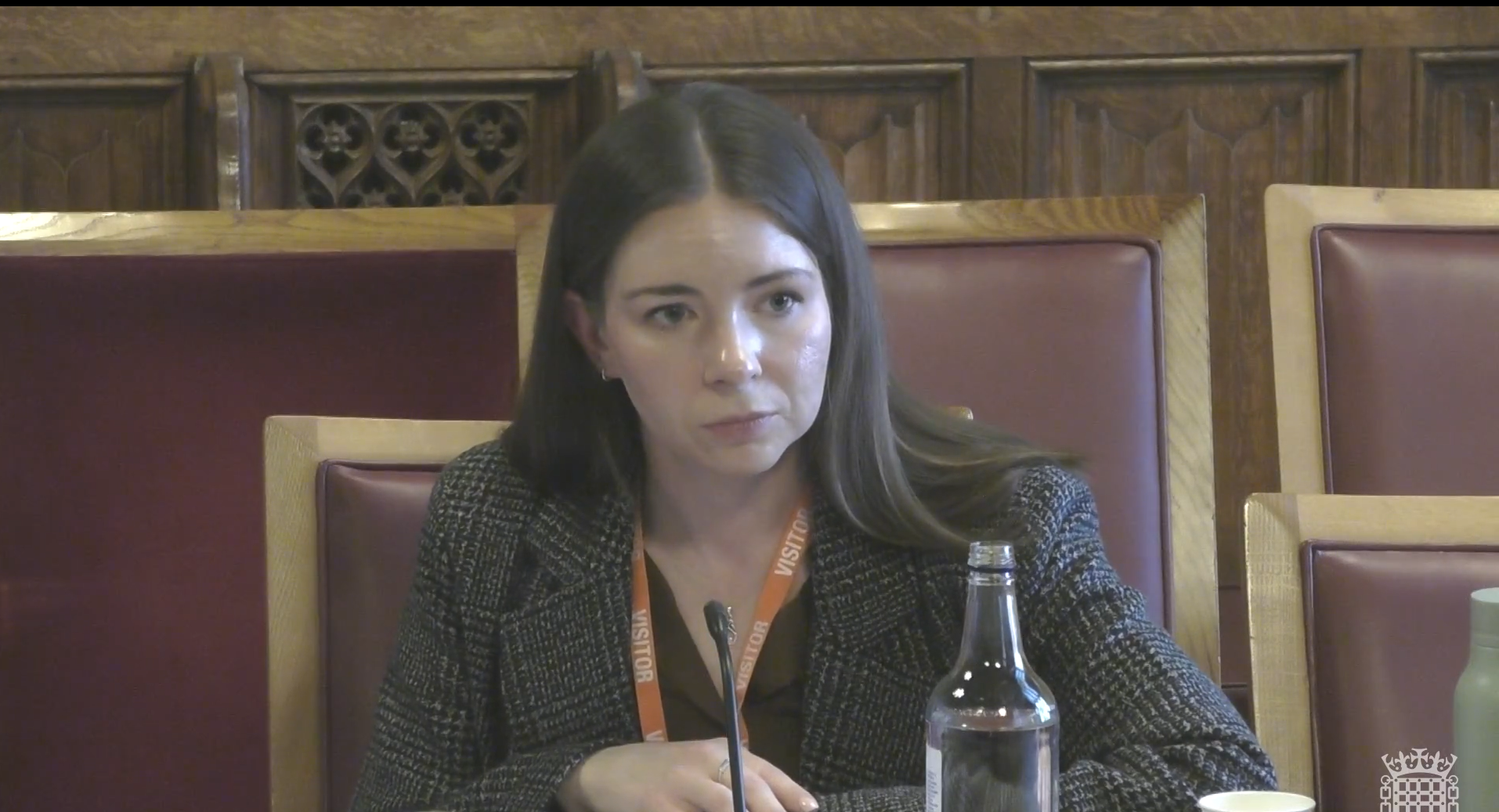Meaningful reform

It’s time to lead the civil service, not just the morning news round, says Dave Penman.
The government is talking a lot about reform. It’s a word that can mean many things to many people. It can be shorthand for changing either the way people work, location or the technology they use but for others, it’s just linguistic cover for cutting jobs or terms and conditions.
Leading change, or reform, in organisations is difficult. Management consultancies have earned fortunes supporting organisations through large-scale change, not always with the right results, but no one would argue it is easy.
I have always argued that unions are agents of change. Our job is to bring our experience and that of our members to bear on any change programme, to challenge where necessary, but to get a better end result for both the organisation and staff. Whilst some employers and politicians like to paint unions as “blockers”, that usually comes from a place where they are susceptible to challenge because what’s being proposed hasn’t been thought through. Good union engagement is about making better management decisions.
Reform can be destabilising for individuals, as most large-scale change programmes inevitably have winners and losers. Staff having confidence that their interests have been considered is another benefit of good union engagement.
The civil service is not like most employers. Ministers, who operate in a political realm, have a huge sway over what happens and how it happens. Often, for them, what they are saying publicly is less about their role in leading the civil service and more about the politics of the day. Governments need to get elected, I understand that, but when politicians enter government they need to balance the politics with leadership.
If the government is serious about reform, then it needs to inspire civil servants and build confidence that the substance of that reform programme has merit. Announcing significant changes to how half a million civil servants are managed in the Sunday broadcast round, including sensitive issues like fast tracking dismissals, is almost a test case in how not to do it. The government may get its political goal of favourable headlines, but it risks alienating the very people it is supposed to be leading and who it relies upon to deliver the public services it’s reforming.
What is all the more frustrating is that it does not have to be like this. The FDA has shown time and again that it is a pragmatic partner to successive governments wanting to carry out difficult reform in the civil service. We have always rolled our sleeves up and engaged in the detail, negotiating the best outcome for members, owning those decisions and advocating for agreements which ultimately give civil servants that reassurance that helps drive the implementation of reform.
What looked like early missteps from a new government are now starting to follow a pattern. The new Labour Government came to power promising the civil service that it would lead it better, after a tortuous few years where civil servants became the scapegoat for an increasingly desperate and chaotic government.
No one would argue that good reform is long overdue, but so is good leadership. Successful governments need to do both.
Latest news
-

Hybrid working: Led by evidence, not headlines
Tom Nathan shares the findings and recommendations of the FDA’s recent report on ‘The future of office working in the civil service’.
-

FDA attends TUC Young Workers’ 2025
This March, an FDA delegation attended the annual TUC Young Workers’ Conference in Congress House, London.
-

Office attendance mandate “doesn’t make sense”, Crowley tells House of Lords Home-based Working Committee
FDA Assistant General Secretary Lauren Crowley gave oral evidence to the House of Lords Home-based Working Committee for its inquiry on remote and hybrid working.